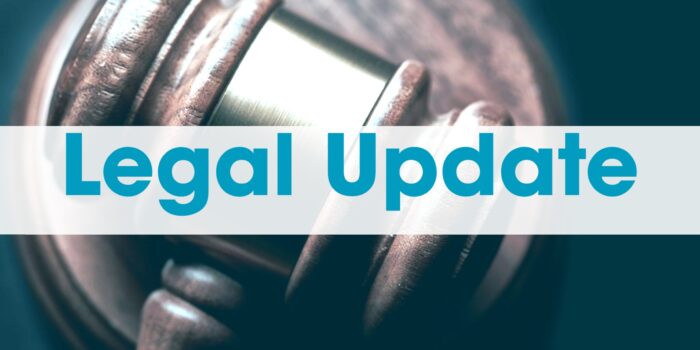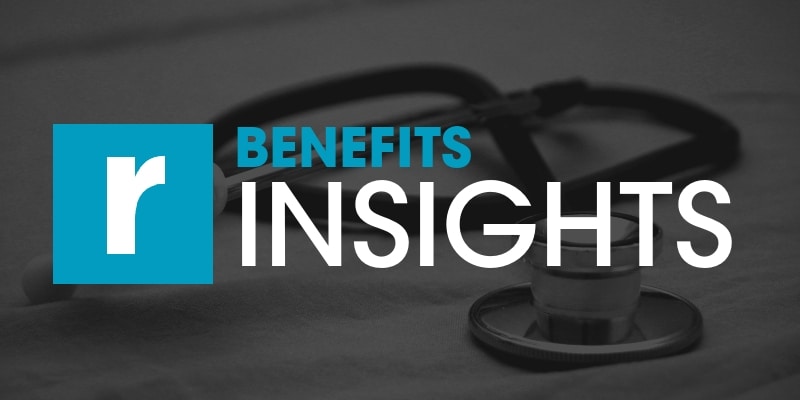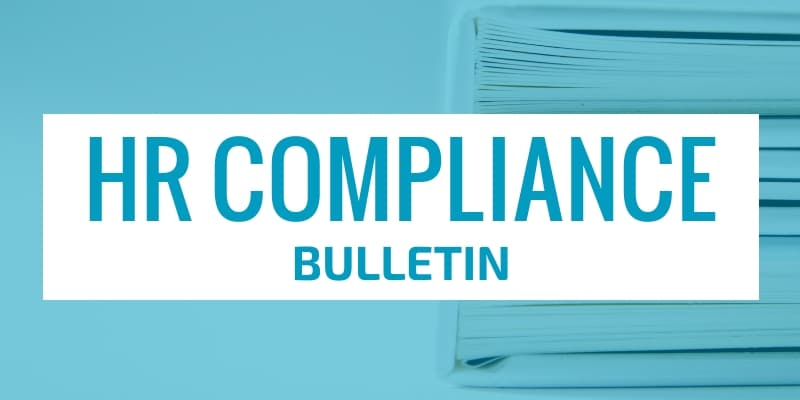[wpseo_breadcrumb]
 During the COVID-19 pandemic, you may have purchased masks or personal protective equipment (PPE) for the purpose of preventing the spread of the coronavirus (COVID-19).
During the COVID-19 pandemic, you may have purchased masks or personal protective equipment (PPE) for the purpose of preventing the spread of the coronavirus (COVID-19).
Now, according to
a recent announcement from the Internal Revenue Service (IRS), those PPE purchases may be deductible from your income for tax purposes and eligible to be paid or reimbursed under certain savings accounts.
The recent IRS guidance provided that amounts paid by individuals for PPE—including masks, hand sanitizer and sanitizing wipes used for the primary purpose of preventing the spread of COVID-19—are deductible medical expenses. Therefore, the amount you paid for the PPE that is not compensated for by insurance may be deductible as long as your total medical expenses are more than 7.5% of your adjusted gross income (AGI).


 The IRS has released new resources explaining the tax credits available for employers who opt to provide paid family leave and paid sick leave under the Families First Coronavirus Response Act (FFCRA) and the American Rescue Plan Act (ARPA) through Sept. 30, 2021.
The IRS has released new resources explaining the tax credits available for employers who opt to provide paid family leave and paid sick leave under the Families First Coronavirus Response Act (FFCRA) and the American Rescue Plan Act (ARPA) through Sept. 30, 2021. Recently, President Joe Biden
Recently, President Joe Biden  While decisions regarding vaccine distribution vary by state and local governments, eligibility is expanding to most adults in the United States.
While decisions regarding vaccine distribution vary by state and local governments, eligibility is expanding to most adults in the United States. On April 7, 2021, the U.S. Department of Labor (DOL) issued
On April 7, 2021, the U.S. Department of Labor (DOL) issued  During the COVID-19 pandemic, you may have purchased masks or personal protective equipment (PPE) for the purpose of preventing the spread of the coronavirus (COVID-19).
During the COVID-19 pandemic, you may have purchased masks or personal protective equipment (PPE) for the purpose of preventing the spread of the coronavirus (COVID-19).